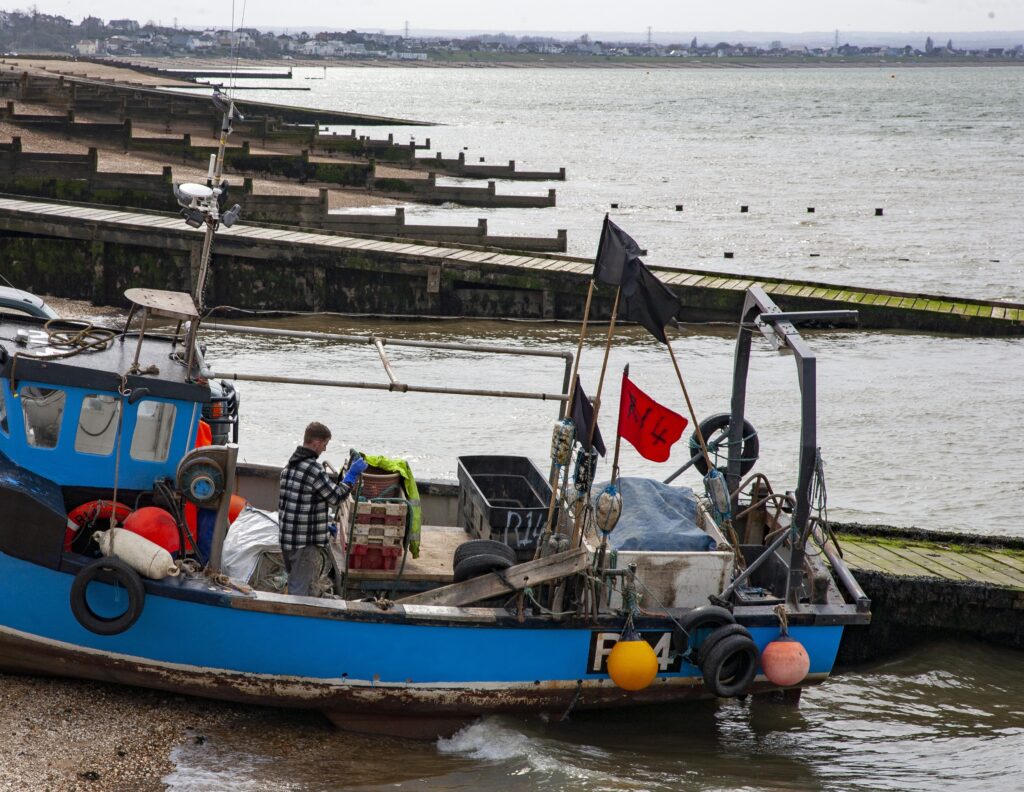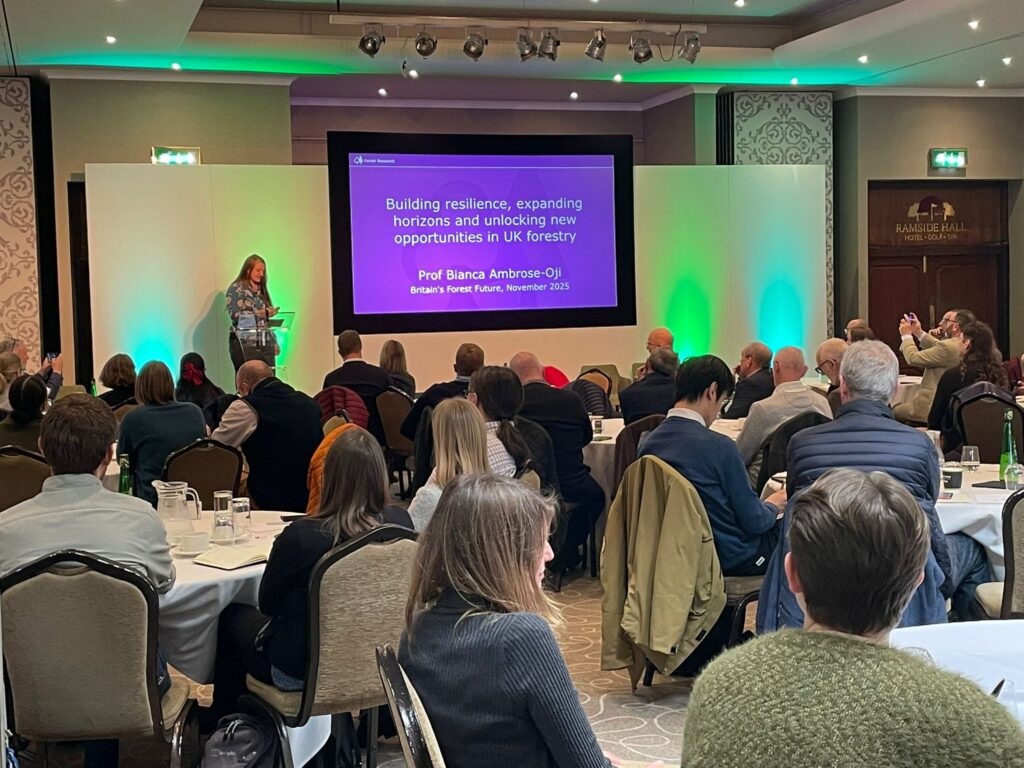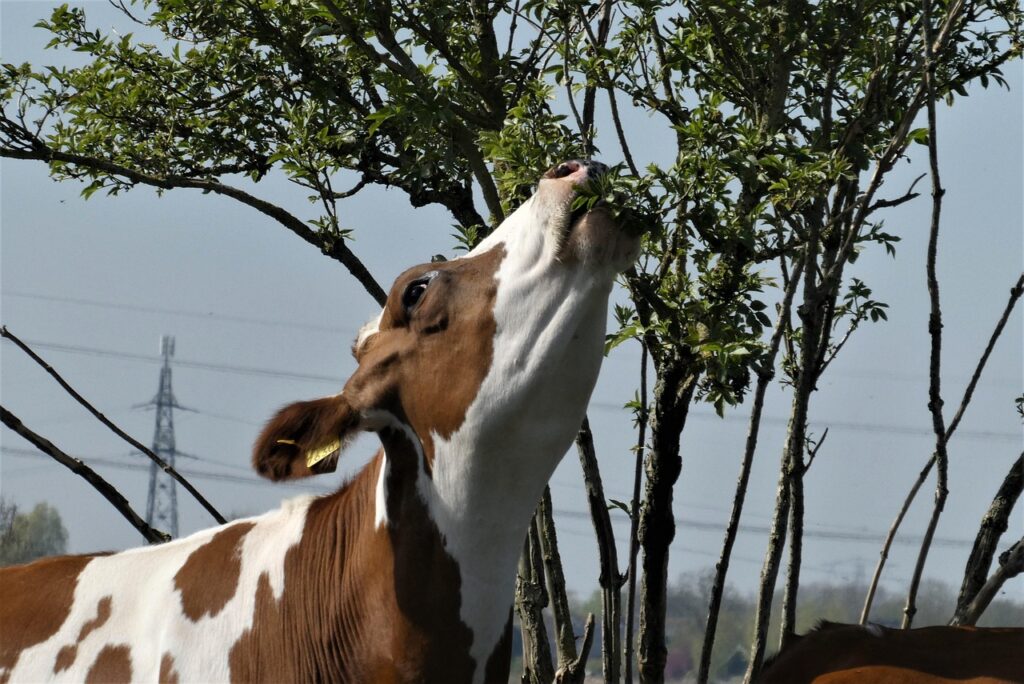The CCRI is delighted to have led a research project for nature recovery company ‘Nattergal‘ on developing recommendations for engagement across its first nature recovery project, Boothby Wildland in Lincolnshire.
One of the 22 first-round DEFRA-funded landscape recovery pilot projects, Boothby Wildland, aims to demonstrate an innovative business model for landscape-scale nature restoration. The initial report was undertaken in 2023 by Josh Davis and led by Chris Short with assistance from Julie Ingram and former CCRI PhD Student Caitlin Hafferty, now based at the Leverhulme Centre for Nature Recovery, University of Oxford.
Whilst tailored to Nattergal, the outlined recommendations for best practice are expected to be generally relevant and applicable to a number of nature restoration and rewilding initiatives across the UK. This research illustrates how these findings can be adjusted to inform specific engagement strategies for environmental land-use decision-making.
The best practice guide developed a set of key principles for engagement within nature recovery projects:
- Treat engagement as an ongoing process, not a ‘one-off’, ‘add-on’, or ‘tick-box’ activity.
- Prioritise understanding of the local context, purpose, and rationale for engagement.
- Engage stakeholders in dialogue as early as possible in decision-making processes.
- Integrate local knowledge alongside scientific expertise for robust decision-making.
- Understand and manage power dynamics effectively, building trust and encouraging two-way dialogue.
- Recognise there is no ‘one-size-fits-all’ approach to engagement – processes should be adapted to local contexts and use varied participatory (in-person and digital) tools and approaches.
- Embed monitoring and evaluation of social impact to inform future practice.
- Think big, by acting local to ensure organisational ambitions are rooted in local communities.
- Develop organisational capacity for engagement through increased training, resource, and human capital.
- Frameworks for engagement best practice should be institutionalised – embedding equity, accountability, and inclusivity at the centre of nature recovery efforts.
The lead researcher, Josh Davis, said, “We are delighted that this guidance is now publicly available and that Nattergal have embraced the report findings. We look forward to seeing how they work out in practice over the coming years.” Josh is undertaking a PhD into the shifts in knowledge and skills required to scale nature-based recovery across England.
Chris Short, who oversaw the project, went on to say that “it shows the benefit of working closely with those involved in delivering nature recovery projects; and as researchers, we are grateful for the opportunity to feed in independent research. Public and stakeholder engagement is crucial in such projects, and these principles attempt to set out a pathway for others to follow in the future”.
The final report can be found on the University of Gloucestershire’s Research Repository and on the Nattergal website.
Photo courtesy of Lia Professional – an aerial shot of the Boothy wildland.




